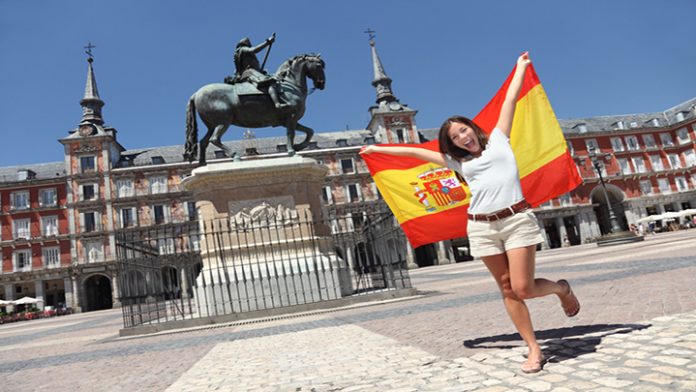The Spanish Secretary of State for Tourism has published 20 guides detailing the specifications for the safe reopening of Spain’s tourism industry and help reduce the spread of COVID-19. The Ministry of Health has validated all guides. National and international medical tourism to dental and other clinics and hospitals is not included in the published or future guides.
The guidelines, drawn up by the Institute for Spanish Tourism Quality (ICTE), contain specifications for service, cleaning and disinfection, maintenance and risk management. Each guide has 20 detailed pages of instructions and designed to instruct the tourism sector, which accounts for 12% of Spain’s GDP, to restart its activity with maximum safety and boost the confidence of travellers.
ICTE is in charge of the certification of the quality systems for tourist companies. The Institute is a private, independent, and non-profit association recognised throughout Spain.
Any tourism company can apply for the “Q” Mark for Spanish Tourism Quality, a quality mark granted by the ICTE. 2,300 tourist establishments in Spain already have “Q” certification, which, since it was introduced in 2000, conveys prestige, reliability and rigour in certified establishments and activities.
To ensure the competitiveness of the tourism industry in Spain, while guaranteeing the safety of all, destinations will have to offer services that meet high health standards.
The Institute states that the entire tourism value chain needs to have a set of health recommendations and protocols that will give the traveller confidence.
Protocols and guides must be homogeneous for the entire country and prepared by each of the sub-sectors.
National guides have been issued for airports, ports, trains, buses, and rail stations.
Guides have been published with instructions and recommendations for:
- Spas
- Hotels and tourist apartments
- Beaches
- Restaurants
- Travel agencies
- Golf courses
- Rural accommodation
- Museums
- Tourist guides
- Information offices
- Hostels
- Camping sites
- Active tourism
- Protected natural areas
- Nautical sports facilities and nautical activities
- Nightlife
- Amusement and leisure parks
- Tourist transport;
- Visits to vineyards and industrial facilities
- Cultural, historical and natural sites
The guides have a common core of content and a specific part for each sub-sector that includes the health measures required for each particular service for both workers and users including:
The need to establish risk management committees.
- The contingency plan must, among other measures, allocate human and material resources for protection and implement an action protocol in the event that people show symptoms compatible with COVID-19.
- Clients must be informed of all the measures of the plan that affect them.
Spain’s tourist board expects these guides to become nationwide standards.








 ©2024 All rights reserved LaingBuisson
©2024 All rights reserved LaingBuisson 


